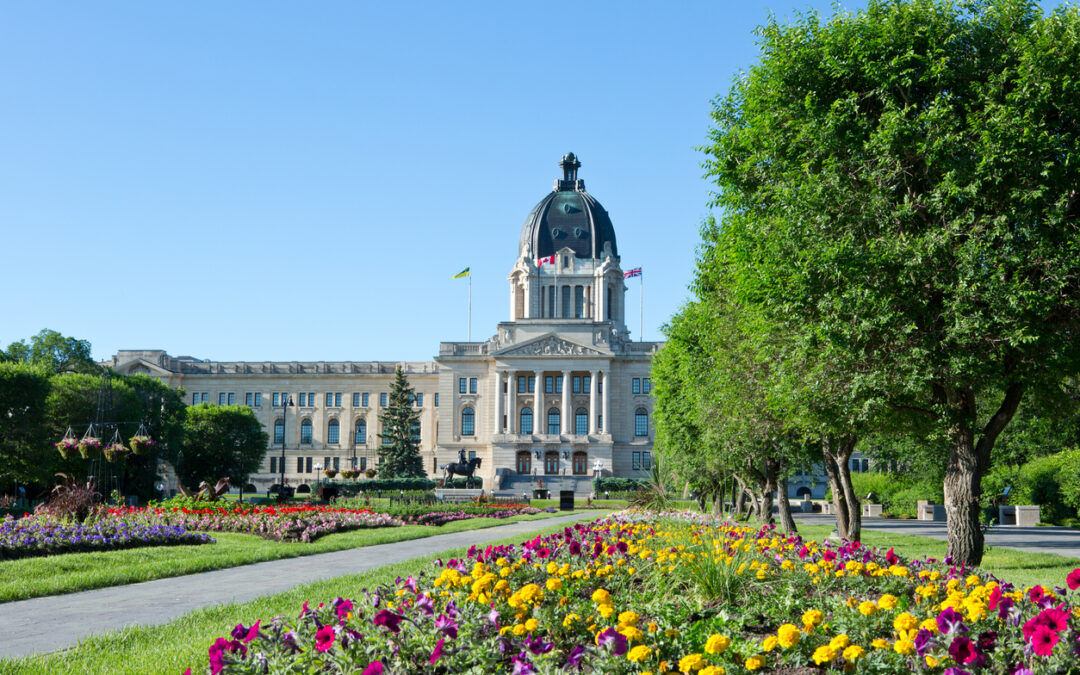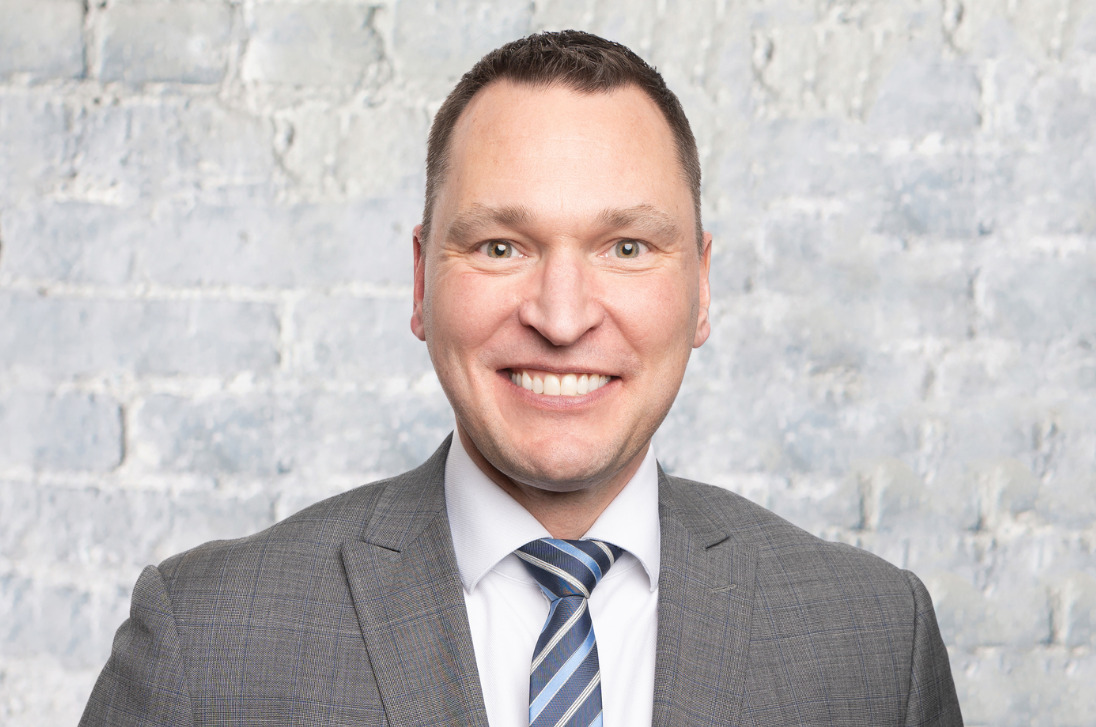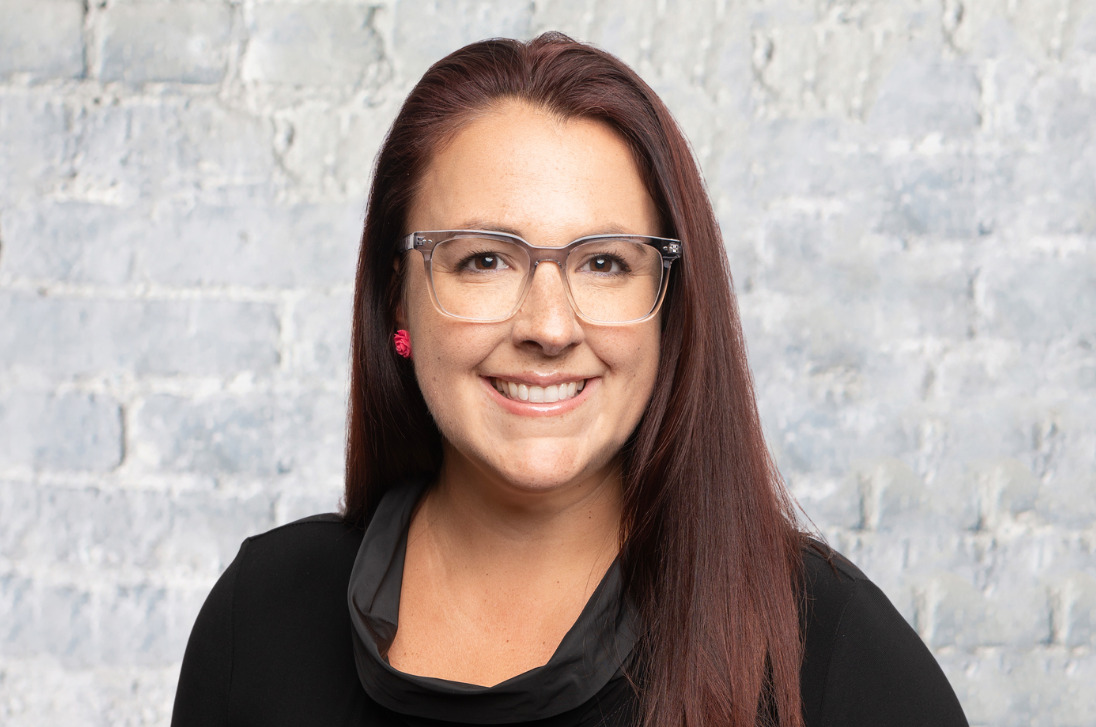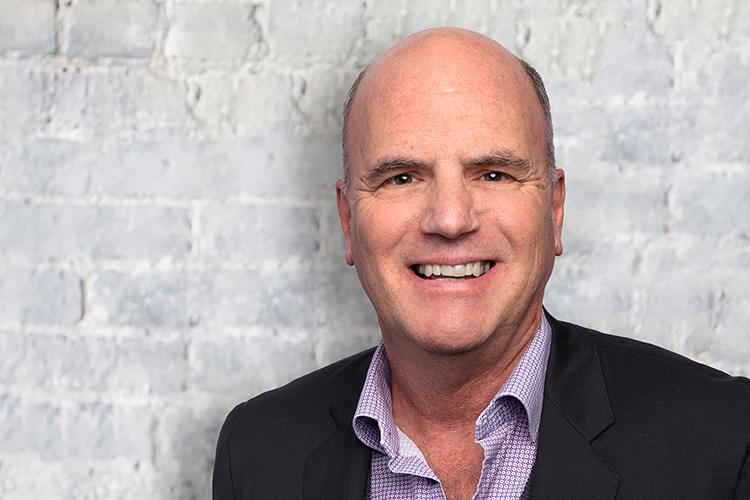As previewed here last week, the Saskatchewan election campaign is now officially underway. Premier Scott Moe called on Lieutenant Governor Russell Mirasty this morning and asked him to issue Writs of Election for Monday, October 28th.
During the Saskatchewan Party’s campaign kick-off media scrum, Premier Moe stated, “The Saskatchewan Party has a plan for growing our economy, creating jobs, building our province and keeping life affordable. The NDP’s record in government was one of losing jobs and opportunities, closing schools and hospitals, raising taxes and driving people out of Saskatchewan.”
“It’s time for change,” NDP Leader Carla Beck declared this morning at her campaign kick-off. “Saskatchewan does not have a revenue problem, Saskatchewan has a management problem, a mis-management problem.”
The governing Saskatchewan Party currently holds 42 seats, and the NDP have 14 in the 61-seat provincial legislature. Four seats were held by independent MLAs, all previously won by the Saskatchewan Party; one seat was vacant, also previously held by the Saskatchewan Party.
The Saskatchewan Party first formed government in 2007, when former Saskatchewan Party leader, Brad Wall, defeated Premier Lorne Calvert’s New Democratic Party. The Saskatchewan Party was subsequently re-elected with large majorities in 2011, 2016, and 2020. This year, they will be seeking their fifth mandate, and if re-elected, will cement their claim as a legitimate political dynasty.
However, this provincial election will likely be the most competitive race since 2003 with recent polls showing the NDP now ahead in urban areas throughout the province, while the Saskatchewan Party continues to garner strong support in rural communities. This emerging urban/rural divide, along with a gender gap in voter support between left and right parties (mirroring other provinces), as well as many new candidates for the Sask Party will likely weigh heavily on the outcome of the 2024 Saskatchewan election.
Since becoming Premier in 2018, Premier Moe has presented himself as the steady, stable hand to lead the province, particularly on all things economic. He is best known for his strong opposition to the federal carbon tax.
This was reinforced in his campaign announcement today when he committed that a re-elected Saskatchewan Party government will deliver the largest income tax cut since 2008. The Saskatchewan Party plan will reduce income tax by raising the personal income tax exemption, the spousal exemption, the child exemption and the seniors supplement by $500 each year for the next four years.
A more conservative policy approach being taken by the Moe government since the pandemic– or perhaps simply a desire for change after 17 years of Saskatchewan Party rule – appears to have a growing number of urban voters considering the NDP.
For NDP leader, Carla Beck, this will be her first election as leader. Beck hails from Regina where she worked as a social worker and served as a school trustee. She was first elected in 2016 in the riding of Regina Lakeview.
Beck has attempted to ground NDP policies in the day-to-day economic realities of Saskatchewan people, like her opposition to the “Trudeau Carbon Tax,” a suspension of the provincial gas tax and a $2 billion, four year “generational commitment” in education spending.
However, Beck is still relatively unknown in some areas of Saskatchewan, which is both a blessing and a curse. If her campaign gains momentum, she has the potential to benefit from increased voter awareness and familiarity; if not, she will struggle to become a reasonable alternative to those seeking change.
Saskatchewan: the political landscape
Adding to the complex political environment is the fact that 22 Saskatchewan Party MLAs of the 48 elected in 2020, who, for a variety of reasons, are not seeking re-election. Notable Saskatchewan Party MLAs not running include long-serving cabinet ministers, Donna Harpauer (Finance), Don Morgan (Labour), Dustin Duncan (Crowns) and Gordon Wyant (Advanced Education), who is now running to become the next Mayor of Saskatoon.
Path to election victory: the numbers
Looking at the cold, hard electoral math shows the challenge ahead for the NDP. In order for the NDP to win, they must sweep the next closest 17/18 Saskatchewan Party seats or take virtually every one of the 26 seats in Regina and Saskatoon, plus 5/6 more. They would need to overcome Saskatchewan Party 2020 vote margins in 7/8 seats of 20%+. And in four of those seats, the NDP must flip margins of 2500+ votes, which has only happened six times in the entire electoral history of Saskatchewan.
But election campaigns matter and this one has all the makings of a fascinating one!
Over the next 28 days, Counsel Public Affairs has the Saskatchewan election covered for you. We will have behind-the-headlines look at major campaign events, battleground seats, platform commitments, insights and weekly analysis.
If you have questions about how the outcome of the Saskatchewan election could potentially impact your sector, business, or organization, please reach out to the Saskatchewan Counsel Public Affairs team:
Deron Bilous
Senior Vice President
dbilous@counselpa.com
Dylan Topal
Senior Consultant
dtopal@counselpa.com
Jennifer Henshaw
Associate Vice President
jhenshaw@counselpa.com
Steven Greenaway
Senior Advisor
sgreenaway@counselpa.com





